Quote:
Originally Posted by SJTOKO

I just have one question to ask. What do people find so appealing about Moncton. Unless there are jobs available I can't really see people wanting to move there. No offence but I always thought of Moncton as a giant swamp with a river of shit running through it. Terrible Architecture, Terrible History.. and BORING! Gawd I don't understand the hype so you have a population of 130 thou.. there are 130 thousand people in my neighborhood, that isn't going to fix your cities problems. Sure your doing alright but when it comes down to it your only putting makeup on the Elephant man... please tell me why i'm wrong..
|
WOW MAN! thats a pretty impressive list of reasons as to why you dont like moncton, yes I have been accused of being a little moncton biased in the past (probably true) but shit, at least I back up my claims with
FACTS they come in handy sometimes to make your claims more founded, and not gobley-gook (sorry, but I love that word) I will now break down your paragraph into sections and disprove your statements
WITH FACTS not with meaningless words.
Quote:
Originally Posted by SJTOKO

Terrible Architecture
|
Law School, U de Moncton
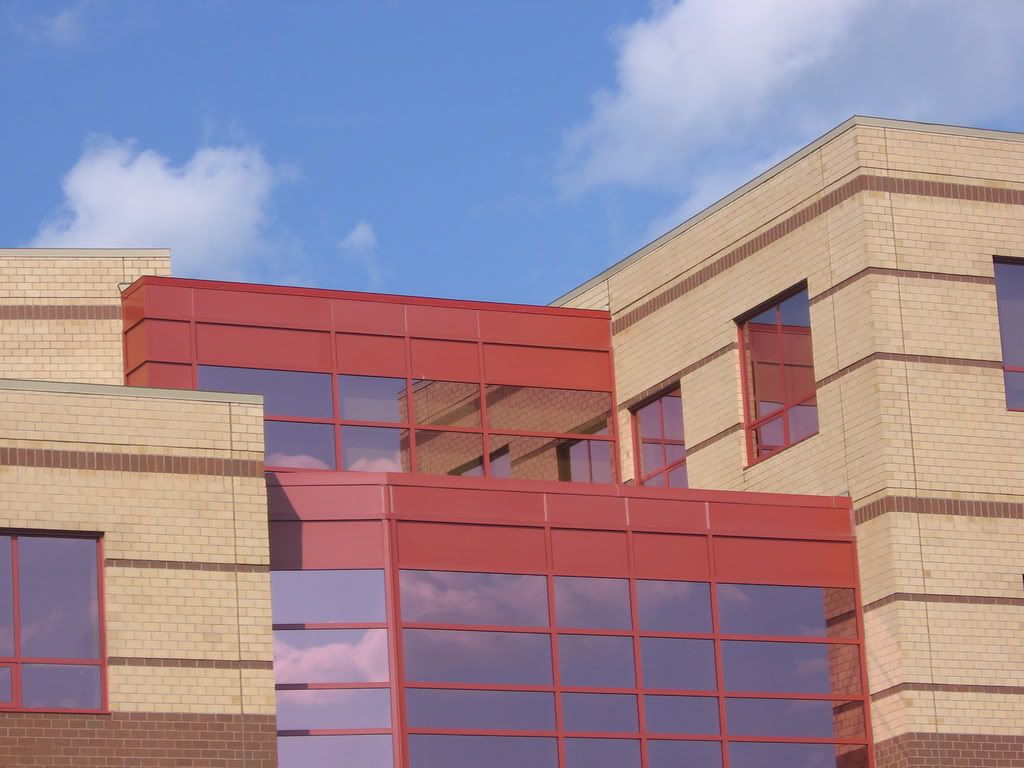 3. New Greater Moncton International Airport Terminal (built 2004) This building won the Lieutenant Governor's Award of Excellence in Architecture in 2005
3. New Greater Moncton International Airport Terminal (built 2004) This building won the Lieutenant Governor's Award of Excellence in Architecture in 2005

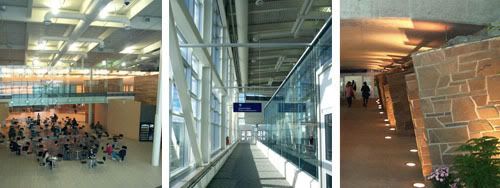
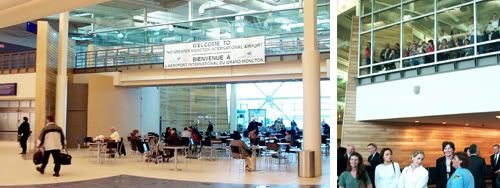
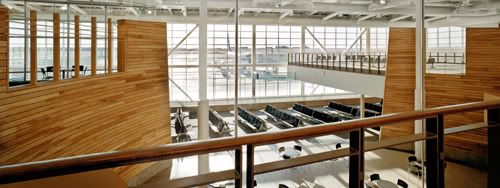 Moncton Place
Moncton Place
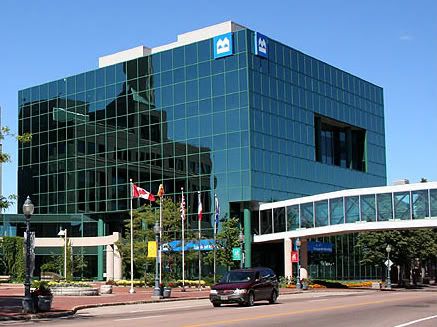

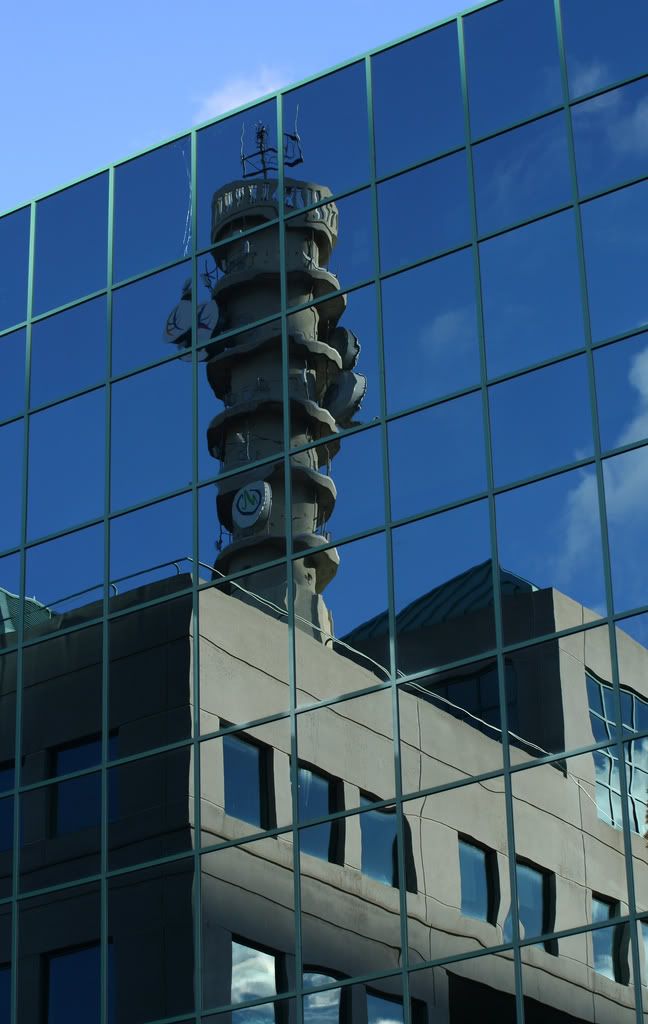 Blue Cross Center, Probably my favorite mid-rise (its 9 stories) in the province, the atrium is amazing
Blue Cross Center, Probably my favorite mid-rise (its 9 stories) in the province, the atrium is amazing
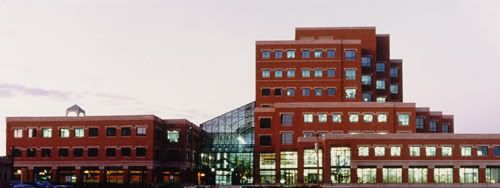
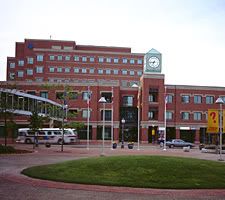
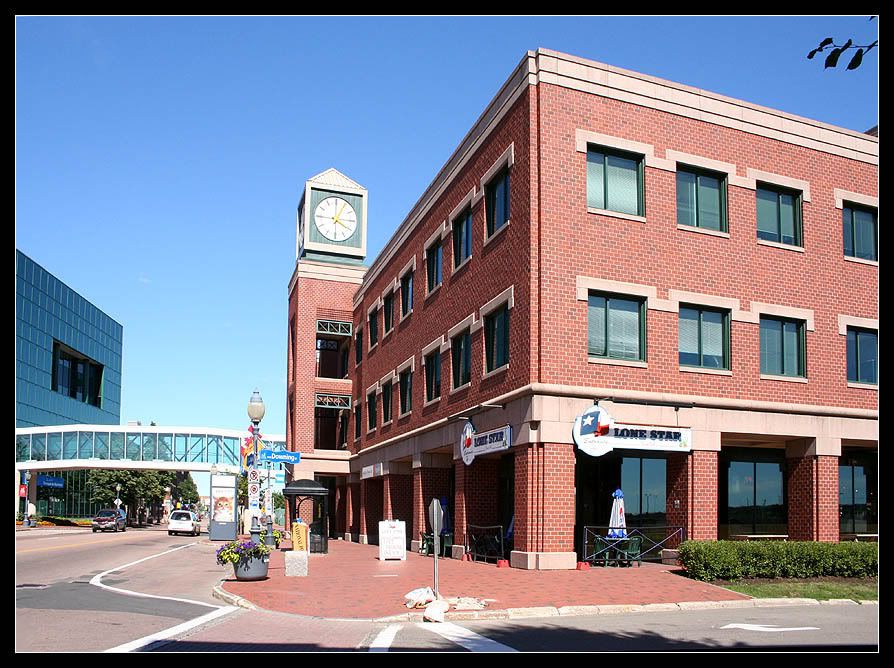
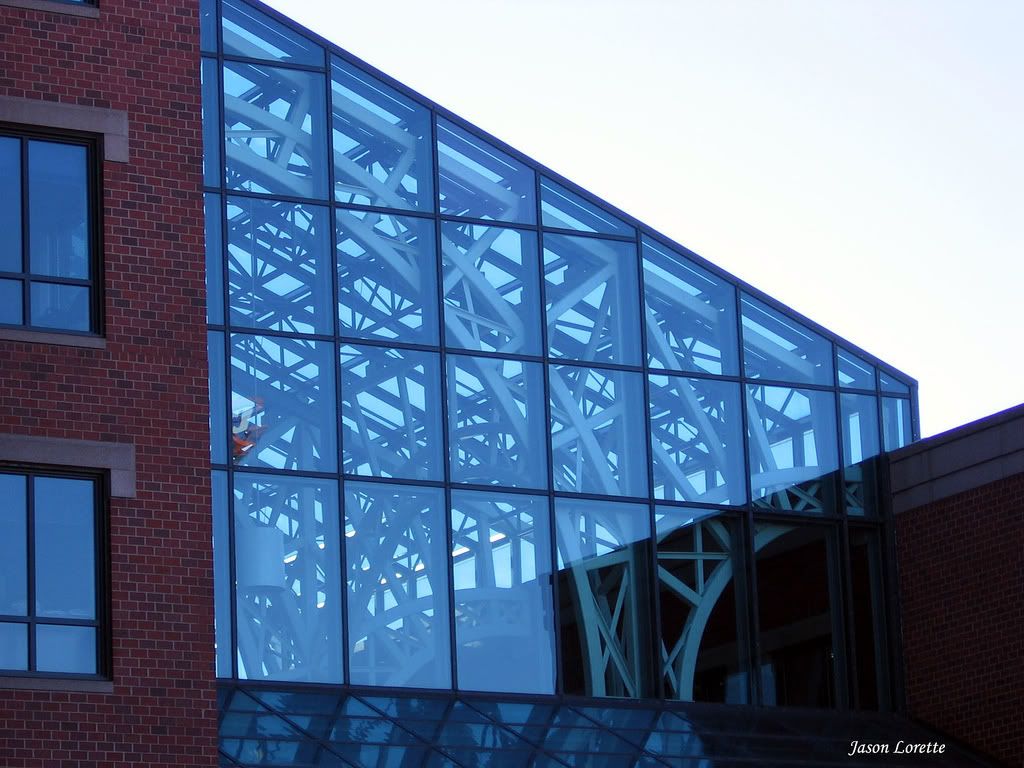
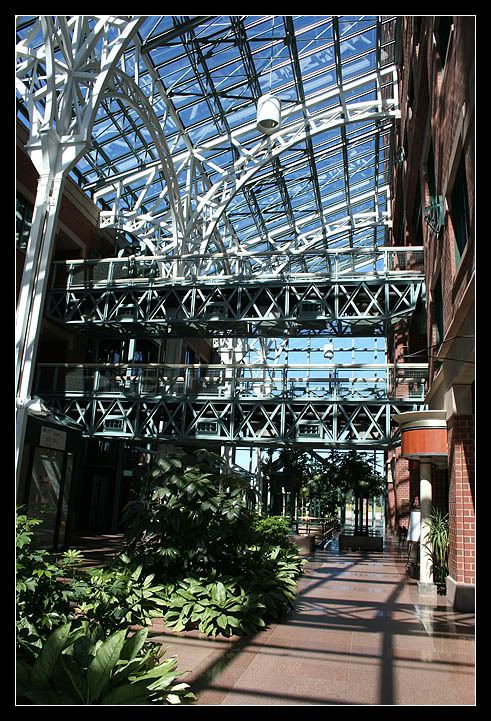 Castle Manor
Castle Manor




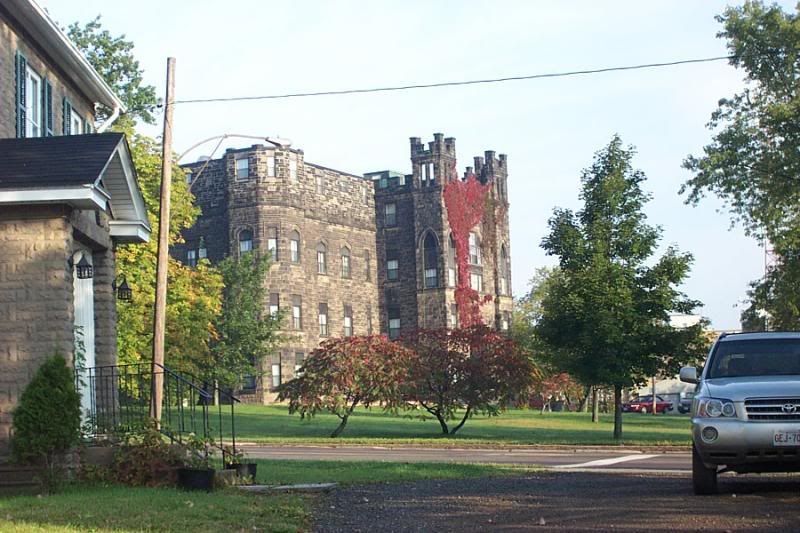 Random
Random
House near Victora Park (this area is full of beautiful homes like this)

Church
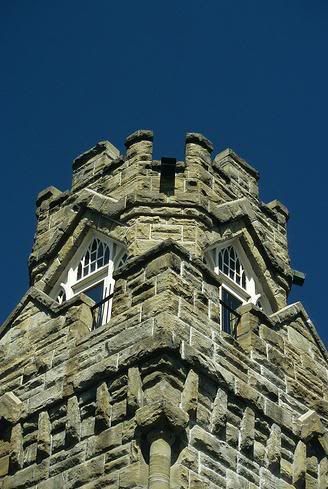
Another Church
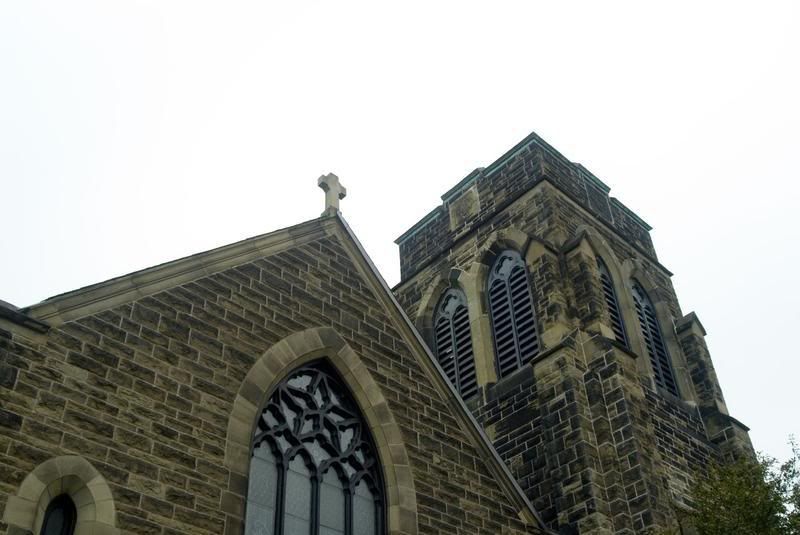
I assume that you are a Saint Johner by your name, and I will agree if you tell me that Saint John has more historical buildings and architecture than Moncton, Moncton is a very young city in comparison to Saint John, but we still have some amazing architecture if you look around a bit, I love downtown Moncton personally, and I have a ton of pics from that area on the "Moncton - New Brunswick Photos" thread, check them out. (Ill get to that later). on a similar note there is a very talented photographer who lives in Moncton named Jean Berthélémé, here is a link to a few of his beautiful panoramas, mostly to do with Moncton architecture...check out the Cathedral, its absolutely amazing.
http://geoimages.berkeley.edu/wwppeo...ertheleme.html
Quote:
Originally Posted by SJTOKO

I always thought of Moncton as a giant swamp with a river of shit running through it.
|
Moncton is by no means a giant swamp, some areas around the river are kinda marsh like, but by no means a swamp, as for the "river of shit" but it wasnt always like that

and we are working on fixing it, but hell, at least our body of water isnt LITERALLY full of shit. (I understand they are working on that too, but still)
Heres a few pics of bodies of water around Moncton:
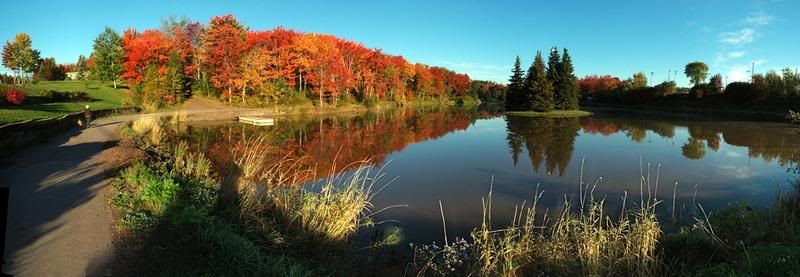
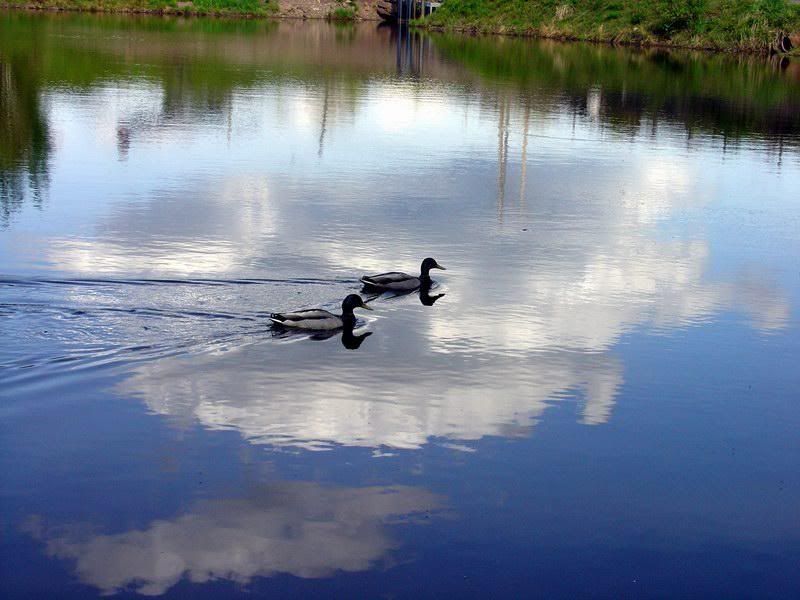

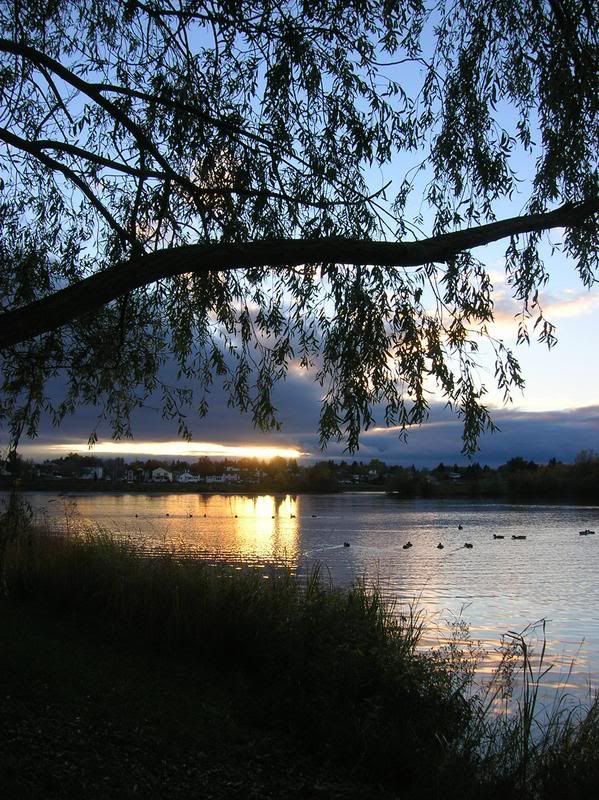
Quote:
Originally Posted by SJTOKO

Terrible History
|
OK, first of all that is the most rediculous claim I have ever heard in this forum...and Ive heard a few...to say moncton has not as much history as some other cities in Atlantic Canadas ok I can kinda deal with that, we are a young modern city, I can deal with that...but to say we have a TERRIBLE history? thats just nuts, I dont even know what that means completely, do you mean our history is full of terrible events? because as MonctonGoldenFlames pointed out we do have our fare share of that, but what city doesnt? Saint John sure does (closing of the shipbuilding etc) hell most cities have had rough patches
OR do you mean we have no history...in which case we certainly do, check out the Moncton Museum if you get a chance to some time, they have a great collecton...
I quote from Moncton.net:
The history of Moncton is diverse and full of dramatic events that shaped not only the town itself but the country as a whole. This page contains Moncton.Net’s own brief history of Moncton from the Mikmaq days to the present.
Moncton community was born when the nomadic Mikmaq settlers founded a camp on the banks of the Petitcodiac River. The muddy streams of the river prompted the First People to call it the Pet-koot-koy-ek – “bending like a bow”. Historians do not have much information about the first settlers and their experiences at the time when the first campsite was formed.
The European settlers at the time were populating the coastal area and the area of Moncton was considered too deep inlands. The earliest reference of the area (the Petcoucoyer River) comes from the de Meulles Map of 1686. This date, 1686 is considered the staring point of the European experience.
The river was an important gateway for both the Native People and the European settlers in establishing first trade links in Canada.
After Chignecto settlement was established by the Acadians in 1670s, Moncton’s first Acadian period begins. The first Acadians made their first trip to the Shepody River in 1689. In the Spring of 1700 a miller from Pree-Ronde (near Port-Royal) with his family build a house at Chipodie thus creating the first Acadian settlement in the area. Soon many more families followed and gradually started to expand Acadian territory.
The little settlement of Le Coude near the Halls Creek was one of the first Acadian dykeland communities on the Petitcodiac and the beginning of Moncton as a European settlement. It was formed around 1733 and was also called as Terre-Rouge, red soil. By 1734, when an ecclesiastical census was taken, there were between 60 and 70 families in the Shepody area. By 1751 this number grew to 167 families, over 1000 people total. Among the first families there were the Thibodeau, Babineau, Breau. There was a small chapel built near the present-day Bore Park.
In 1745, Britain and France went to war and it spread to the new world. Colonists from New England who were determined to drive the French out of North America attacked and captured Fortress Louisbourg. This gave the British complete control of the Atlantic coast, but not for long. When the war ended, a peace treaty was negotiated between England and France, and the French got Fortress Louisbourg back.
Having given the great fort back to the French, the British decided that they would have to build one for themselves. In 1749, the British sent 2,000 troops and settlers to found the city of Halifax. They started building a huge fort called the Halifax Citadel on top of the highest hill or the area. Constructed in 1751, Fort Beausejour was built in response to the British having built Fort Lawrence across the Missiquash River, which divided British-held Nova Scotia from Acadia.
In June, 1755, the British, under the leadership of Lieutenant Colonel Robert Monckton, took the fort and renamed it Fort Cumberland. The British forces burned all the Acadian settlements on the shores of the Petitcodiac.
In 1761 the first British families had settled on the Tantramar Township. These families came form Providence, Rhode Island. Rhode Island was then a gateway to the new world. In four years a handful of German families from Pennsylvania started a new village in the Petitcodiac delta. In 1766 Captain John Hall arrived from Pennsylvania established Monckton Township.
It was named after Lieut-General Robert Monckton. He was born in Yorkshire, England and came to Nova Scotia as a boy. There is no historic evidence of Monckton actually visiting the area of Moncton. He was at the head of the British troops as they took over Fort Beausejourand oversaw the deportation of Acadians. Monckton traveled and fought all over Eastern Canada, but refused to visit Monckton.
The township grew very slowly. By 1788 there were only 12 families living there. At the same time several Acadian families came back from the exile.
The growth of neighboring communities in Halifax and St. John boosted the economic development of Monckton’s Township as well. In 1836 a regular stage coach and mail service started to operate thus connecting Halifax – Monckton Township and Saint John. In 1853 the first railway connected Shediac and St. John, thus further improving Moncton’s status as a transit place. In 1855 Moncton was incorporated as a city. As the result of a clerical error the “k” was dropped off the city’s name. While it was possible to correct that, both the public and the Mayor Joseph Salter decided to leave it as is.
In the first half of the 19th century Monckton was well known for its ship building, which was Monckton’s major industry at the time. Locally supplied timber and efficiency with which Joseph Salter, the owner of the shipyard, made Moncton one of the centers of the ship building industry of Atlantic Canada at the time.
1850s was a major economic recession in Moncton and in 1862 it was forced to withdraw its incorporated status. The end of the recession started after the headquarters of the Intercolonial Railway was established in Moncton in 1872. A construction boom took off shortly thereafter. In 1875 Moncton regained its incorporated status under the Mayor Joseph Crandall. Economic growth meant more people - in 1870s there not more than 5000 citizens in Moncton. In 1890 Moncton was given its city status. By the 1900 there were over 10,000 people living in the city.
In 1901 Moncton saw its first and only automobile on display. The car was built by Alex Carter and Walter Bowness. In 1913 Moncton’s free Public Library was opened. In 1921 a first airplane from Chatham, NB landed in Moncton, where it made a refueling stop. Next year radio started to operate from a room of a jewelry store. Moncton’s first radio was called CNRA. In 1926 Moncton’s first synagogue was constructed on Steadman Street to host a community of Tiferes Israel. At the same time Moncton’s Capitol Theatre open its doors to Moncton’s public.
In 1954 the first locally broadcasted TV could be seen on the screens on local TVs. The TV station was called CKCW-TV.
The construction of the Moncton causeway in 1968, to give the inhabitants of the town a route across the river, has devastated not only the wildlife and fish population, but it has also suppressed the great tidal bore. Before the causeway, the bore used to be up to 2 meters high! It would reach Salisbury.
1970s were marked by the unprecedented level of crime in Moncton. Two policemen were murdered, people were kidnapped, and there were even gang-style assassinations. By the end of the decade, however, the criminal situation has improved.
On September 24, 1983 Queen Elizabeth, II visited Moncton.
On May 28, 1996, Robert K. Irving announced the purchase of the Moncton Franchise of the Quebec Major Junior Hockey League, thus creating Moncton's own hockey team, Wild Cats.
In September 1999, 52 heads of state from all over the world came to Moncton for the Francophone Summit - a gathering of the world’s French speaking nations. This was the largest gathering of heads of state in Canada’s history.
In the most recent history Moncton’s first Ballet Company was created in 2001, The Atlantic Ballet Theatre of Canada. Shortly after opening the ABTC mounted its first World Premiere, FIGARO, on the stage of the Capitol Theatre.
On August 6, 2002, Moncton City Council passed a motion to become Canada's first officially bilingual city.
Acadian Deprotation
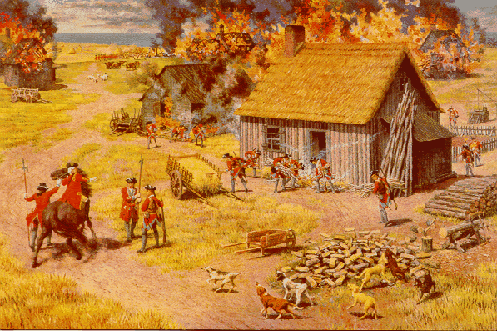
Stamp
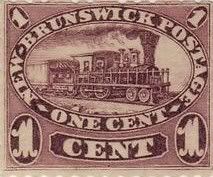
Old City Market
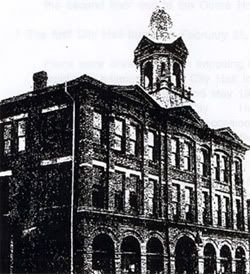
Former CN shops
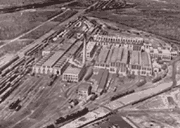
Downtown
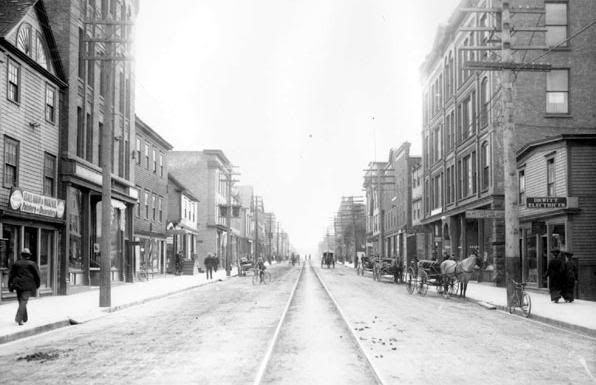
Downtown (postcard)
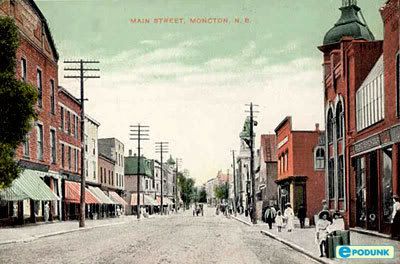
Quote:
Originally Posted by SJTOKO

BORING!
|
Ok lets take a step back here and examine the facts, I will list several things to do in moncton according to differing activities....
If you like to:
1. Golf
Moncton has the most golf courses of any city in NB, and two are brand new (Fox Creek (2005), Royal Oaks(2000)) They are all fantastic, but here is some info on the two newest
-Fox Creek was "designed by renowned Canadian architect Graham Cooke, this champion 18-hole course has quickly become a "must" for golf lovers."
Fox Creek

- "Royal Oaks opened in July 2000 to rave reviews for the outstanding golf experience provided through the exceptional service, superb turf conditions and excellent food & beverage services.
In 2002 Score Magazine awarded Royal Oaks " Best New Course in Eastern Canada" and the "6th Best Value in all of Canada". 2003 brought even more accolades, by receiving national awards in 4 categories including "Best Conditioning" & "Best Public Course"."
Royal Oaks
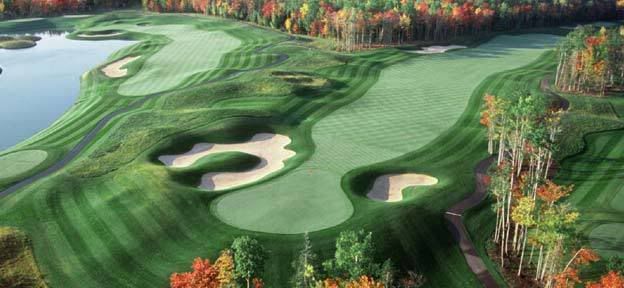 2. Shop
2. Shop
We have the largest mall in Atlantic Canada, and the largest power center area in NB (which is in the process of becoming much larger very soon) we also have many interesting downtown shops. We also have a huge weekly market, The Moncton Market, which is the largest in NB with over 130 vendors. There is something for everyone.
3. Go to the Movies
In moncton we have the most movie theater screens of any city in NB (16, compared to SJs 14) the newest of these theaters just renovated all its screens to have Stadium Seating so you never have a tall guys head in your view, its great. We also have 3 Blockbusters, 2 Rodgers Videos, and many other locally owned video rental stores.
4. Go to sporting events
Moncton has many sporting events yare round, we have the Wildcats (hockey) who play in the largest stadium in NB, and the the Moncton Mets (baseball) who play at Kiwanis park in the summer, we have also held the memorial cup, and are currently hosting the canadian university hocky campionchip, and will be hosting the IAAF track and field campionchips in 2010 which will be the largest sporting event ever held in Atlantic Canada
5. Theater
We have a beautifully restored downthown theater, the Capitol Theater, which regularly puts on plays and other cool shows, we also have a dinner theater called The McSweeney Co. Dinner Theatre which puts on dinner theater 6 days a week
Capitol Theater

anyways, I could go on all day here but thats just a few interesting things to do.
Quote:
Originally Posted by SJTOKO

Gawd I don't understand the hype so you have a population of 130 thou.. there are 130 thousand people in my neighborhood
|
Ok, this is a rediculous claim, in the maritimes a city of 127,000 is a large city, to compare to Korea is pointless. Allow me to demonstrate, I could for example say about Saint John:
"Gawd I don't understand the hype so you have 300 years of history.. in Europe they would laugh at that, and show you a building constructed 1000 years ago."
comparisons like that are pointless and irrelevant.